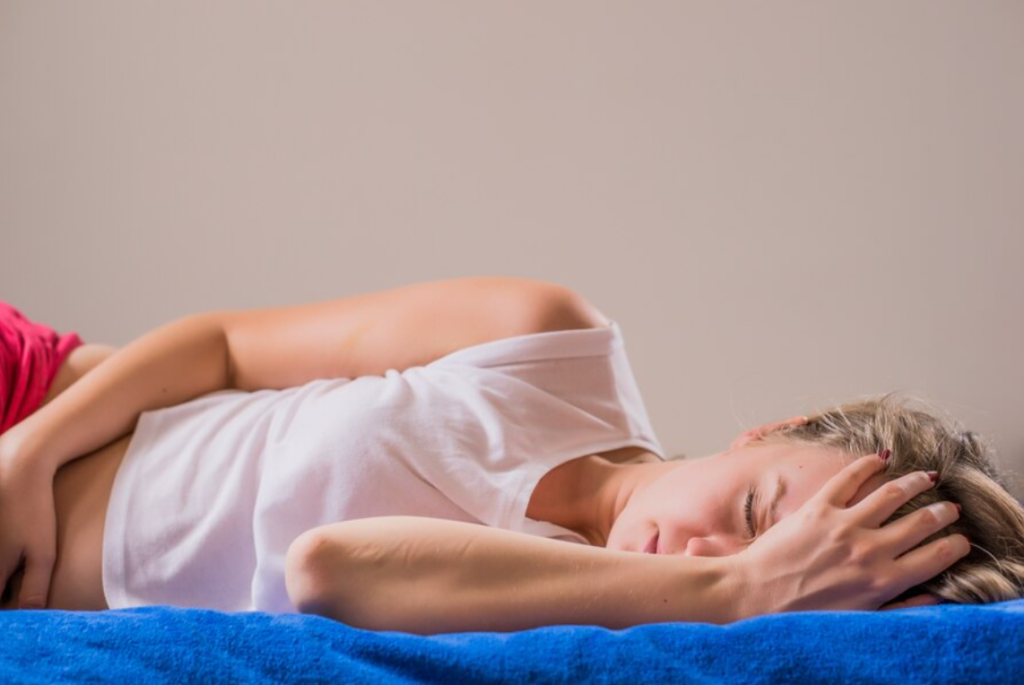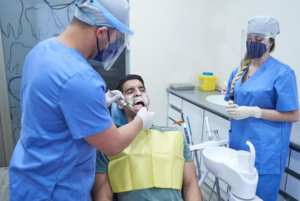
The mystery and magic of nature are undeniable. For centuries, its bounty has been utilised in countless ways to ensure the well-being of countless communities around the globe. One area where nature has had a significant positive impact is on women’s health, particularly in providing solutions to menstrual discomfort.
Menstrual discomfort and related issues are prevalent, affecting millions of females globally. It’s characterised by cramps, bloating, lower back pain, fatigue, mood swings, and headaches; issues that can interrupt daily life and dictate a woman’s activities. While conventional medicine offers some relief, many women are increasingly seeking natural alternatives for a more holistic approach to wellness. With proper documentation and research, these natural remedies for menstrual discomfort provide a safe, effective, and sustainable solution. They help foster harmony between the body, mind, and natural cycles, promoting overall health and vibrancy.
Many people with period pain symptoms have found relief from holistic treatments like acupuncture. However, the discussion should not end there; it is important to consider various natural cures for menstruation discomfort in addition to acupuncture.
Herbs and Plant Extracts
For centuries, various cultures around the world have incorporated herbal medicines into their healthcare systems. Some of these herbs are known to help to soothe menstrual discomfort. Some common examples include Chamomile, Fennel, Ginger, and Cramp Bark. These have natural anti-inflammatory or antispasmodic properties that help alleviate cramps, bloating, and other symptoms, offering much-needed relief.
Diet and Nutrition
Our diet has a significant role in our overall health, including the health of our menstrual cycle. A diet rich in vegetables, fruits, whole grains, and lean proteins can help balance hormones and alleviate menstrual discomfort. Minerals like magnesium and calcium are known to reduce cramps and bloating, while vitamins B6 and E can help with mood swings and fatigue. Foods rich in these essential nutrients should be a part of a woman’s daily dietary regimen.
Exercise
Exercise on a regular basis turns out to be an effective method of reducing menstruation pain. Exercise causes the body’s natural painkillers, endorphins, to be released, which helps to relieve cramps and improves mood at the same time. simply while there may be a dislike for physically demanding activities when you’re menstruating, adding gentle workouts like yoga, Pilates, or simply a leisurely stroll can help reduce pain and improve overall health.
Aromatherapy
The use of essential oils in aromatherapy has been proven to have potential benefits for those who experience menstrual discomfort. Scents such as lavender, rose, clary sage, and marjoram are known for their soothing properties and can help in reducing the severity and duration of menstrual cramps when used correctly.
Heat Therapy
Heat is another effective natural remedy for alleviating menstrual discomfort. The sensation of warmth comforts the body, helps the muscles to relax, and increases blood flow, which can decrease the pain caused by menstrual cramps. Heat therapy can be applied using hot water bottles, heating pads, or warm baths.
Hydration
Staying well-hydrated can help reduce symptoms like bloating and water retention that often accompany periods. Simple steps like increasing your water intake and reducing the consumption of high-salt foods and caffeinated drinks can help manage these symptoms.
Mind-Body Techniques
Certain mind-body techniques such as mindfulness, meditation, and deep breathing exercises can also help in managing menstrual discomfort. These practices help focus the mind and relax the body, thereby reducing the intensity of discomfort.
Conclusion
Beyond these remedies, it’s essential for every woman to listen to her body. Understanding your monthly cycle, tracking symptoms, and being proactive can help personalise these natural remedies to suit your individual needs. Seeking professional advice can ensure proper application of these remedies and gain further insights into maintaining a balanced reproductive health.
However, it’s essential to remember that while these natural remedies can provide relief, they may not work for everyone or replace medical treatment for severe symptoms. Always consult with a healthcare provider before incorporating any new remedies into your healthcare routine.
Remember, menstrual discomfort does not have to be a monthly ordeal; with the right resources and knowledge, you can regain control over your menstrual health. The key lies in balance; a harmony between our bodies and nature. Let’s continue to dig deeper into the power of natural remedies for menstrual discomfort and embrace healthier, more holistic ways of living.
This conversation goes beyond merely understanding menstrual discomfort. It is part of a broader dialogue about embracing our natural cycles, acknowledging our bodies’ unique abilities, and truly understanding what it means to take charge of our own health. Natural remedies are an important part of this explorative journey. With every new finding, we take one step closer to a holistic and all-encompassing approach to women’s health. An approach that goes beyond the symptoms, to the very heart of our wellbeing.







